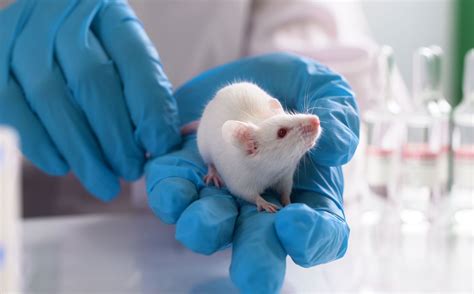animals are similar to humans animal testing ,why do animals like humans,animals are similar to humans animal testing, Pro 1: Animal testing contributes to life-saving cures and treatments for humans and animals alike. Nearly every medical breakthrough in the last 100 years has resulted directly . The Nouvelle is a well-designed bag with the kind of thoughtful organization that I’ve come to expect from Lo & Sons. Organization: The Nouvelle is a well-designed bag with the kind of thoughtful organization that I’ve come to expect from Lo & Sons.There’s an array of pockets including an outside zippered pocket, two interior mesh pockets (one that is portrait-orientation .In the hunt for the perfect Loewe bag dupe, it’s clear that style doesn’t have to come with a hefty price tag. From sleek leather totes to playful raffia bags, these dupes mimic Loewe’s luxury .

Animal testing has long been a topic of intense debate within scientific, ethical, and public circles. At its core, the controversy hinges on the question of whether it is acceptable to use animals in research that may cause them pain, suffering, or even death, all in the pursuit of advancing human knowledge, improving medical treatments, or developing new products. In the context of this discussion, a critical point is the increasing recognition that animals share many biological, psychological, and physiological traits with humans, including the capacity for pain, fear, and suffering. This similarity has significant implications for how we view animal testing and whether it is ethically justifiable.
In this article, we will explore various facets of animal testing, touching upon why humans test animals, why people test animals, the human disadvantages of animal testing, and the ethics surrounding this practice. Additionally, we will examine animal testing statistics, the pros and cons, and the key ethical questions raised by the practice, particularly as it relates to the striking similarities between animals and humans.
Why Are Humans Testing Animals?
The use of animals in research has its roots in the early days of scientific experimentation, where the need for models that could replicate human biological functions was paramount. Over time, animals, especially mammals, were chosen for research due to their biological similarities to humans. The scientific community has historically relied on animal testing for the following key reasons:
1. Advancement of Medical Knowledge: One of the primary reasons for animal testing is to advance medical research. Animals are used to study diseases, drug efficacy, and potential treatments. This is especially important in the development of vaccines, cancer therapies, and neurological treatments. As mammals share similar organ systems, animal models can often mimic human diseases more accurately than other models.
2. Safety of Products: Another significant reason for animal testing is to ensure the safety of drugs, chemicals, cosmetics, and other products that might be used by humans. Before these products can be marketed, they are tested on animals to determine if they pose any potential health risks, such as toxicity or side effects. This process is seen as crucial for preventing harm to humans in real-world use.
3. Regulatory Requirements: In many countries, laws and regulations mandate that certain types of testing be conducted on animals before new drugs or products are allowed to be sold or distributed. These regulations are designed to protect human health, though they are often a point of contention among animal rights advocates.
4. Understanding Biological Mechanisms: Animal models are often used to study the basic biological processes that underlie human health and disease. By examining how animals respond to different conditions or treatments, scientists can better understand how the same processes might occur in humans.
Why Are People Testing Animals?
While humans may be testing animals for reasons that seem beneficial from a scientific or medical perspective, the reality is far more complex. People often test animals because it is perceived to be necessary for achieving breakthroughs in medicine, public health, and even cosmetic safety. However, the justification for animal testing is increasingly questioned as new scientific techniques emerge, and ethical considerations become more pressing.
1. Desire for Immediate Solutions: Medical researchers, pharmaceutical companies, and government agencies may prioritize the urgency of finding treatments or cures for diseases over ethical considerations. This desire to find quick solutions to pressing health problems like cancer, AIDS, or Alzheimer's Disease can often overshadow concerns about animal welfare.
2. Lack of Alternatives: For many years, animal testing has been the only method available to researchers to conduct specific types of experiments. Despite advances in technologies like in vitro testing, tissue culture models, and computer simulations, there is still a widespread belief that animal testing is the most reliable way to study complex biological systems.
3. Economic Interests: Pharmaceutical companies, chemical manufacturers, and other industries benefit financially from the sale of products that have passed animal testing. Testing on animals can sometimes be seen as a necessary step to meet regulatory approval, ensuring that products reach the market and generate revenue.
4. Scientific Tradition: The practice of animal testing is deeply embedded in the scientific community, which has relied on animal models for centuries. Despite advancements in ethical frameworks and research alternatives, there is resistance to change, particularly among researchers who believe that animal models are indispensable for the advancement of science.
Human Disadvantages of Animal Testing

animals are similar to humans animal testing Given that you are here and looking for designer-inspired but still affordable handbags, I would suggest shying away from an exact replica/counterfeit item and either be okay with the cheaper/obviously fake .
animals are similar to humans animal testing - why do animals like humans